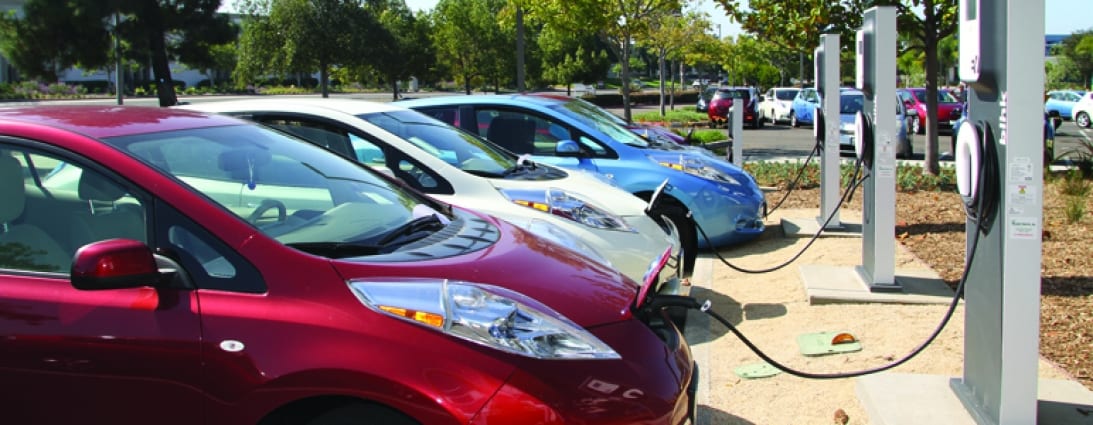The electric car tax credit has been pulled every which way the past couple months. Many have wanted to strengthen it, modify it, or straight up abolish it. Senator John A. Barrasso has the later in mind with his newest Bill introduced to Congress.
Barrasso (R-WY) alongside cosponsors Senator Pat Roberts (R-KS) and Senator Michael B. Enzi (R-WY) are no strangers to trying to eliminate the electric car tax credit. Back in October 2018 they introduced a Bill entitled ‘Fairness for Every Driver Act‘, a name that the new Bill shares.
For those unaware the current tax credit works by allotting each manufacturer 200,000 units worth of credits with a maximum tax credit of $7,500 to the purchaser of the car. Once 200,000 cars have been sold, then a phase out period starts where the credit halves every six months to $3,750 and then once again to $1,875 where after 6 months it is completely phased-out. Currently both GM and Tesla have hit it, with Nissan looking to be the next one to hit 200,000.
While the tax credit system has criticisms from both sides of the fence, we are unsure if completely abolishing it without some sort of alternative is the way to go about it.
Barrasso and company intend to not only abolish the electric car tax credit, but also to levy a tax on alternative fueled vehicles. This included plug-in hybrids, fuel cell, and electric cars. The tax collected will be put towards the Highway Trust Fund to help maintain the highways.
So how do they decide how much you get taxed?
They look at “the average gallons of fuel consumption per vehicle for motor vehicles in the same category as such fuel vehicles”. That number is then multiplied by the 18.3 cent gasoline tax or 24.3 cent diesel tax, depending on the whether the vehicles in your class use gasoline or diesel predominantly.
Now lets find out how much tax you might be expected to pay if this Bill comes to pass. According to the EPA, the average MPG of a sedan/wagon that came out in 2017 is 30 mpg.
According to the Department of Transportation, the average annual mileage on a car in the United States is 13,476 miles.
If we divide the 13,476 miles by the 30 mpg, we get 449.2 gallons of gas, which when multiplied by the 18.3 cent tax per gallon, we get $82.20.
Which at the end of the day, is not the end of the world, but everyone wants to avoid taxes like the plague, so I don’t see many electric car owners being happy about paying an extra $80 in tax.
However if you are a plug-in hybrid owner, you are going to get double-dipped. The law considers anything with a battery larger than 4 kWh a plug-in. So for instance, if you drive a Prius Prime with a 8.8 kWh battery, not only are you already paying for the gasoline tax, but you would also have to pay this tax.
Do I see this Bill passing? Well the first Bill did not pass, so Barrasso and Co. might end up batting 0 for 2. However the fact that Bills like these keep popping up is concerning especially when the (put your conspiracy hats on) 3 Senators sponsoring the Bill are receiving a lot of money from the oil & gas sector (Barrasso, Roberts, Enzi).
For the time being, the electric car tax credit is safe, but a large portion of America is still not ready for the transition towards electrics.
What do you guys think? Let us know down in the comments below.
Source: Environment and Public Works
Track the Bill here
